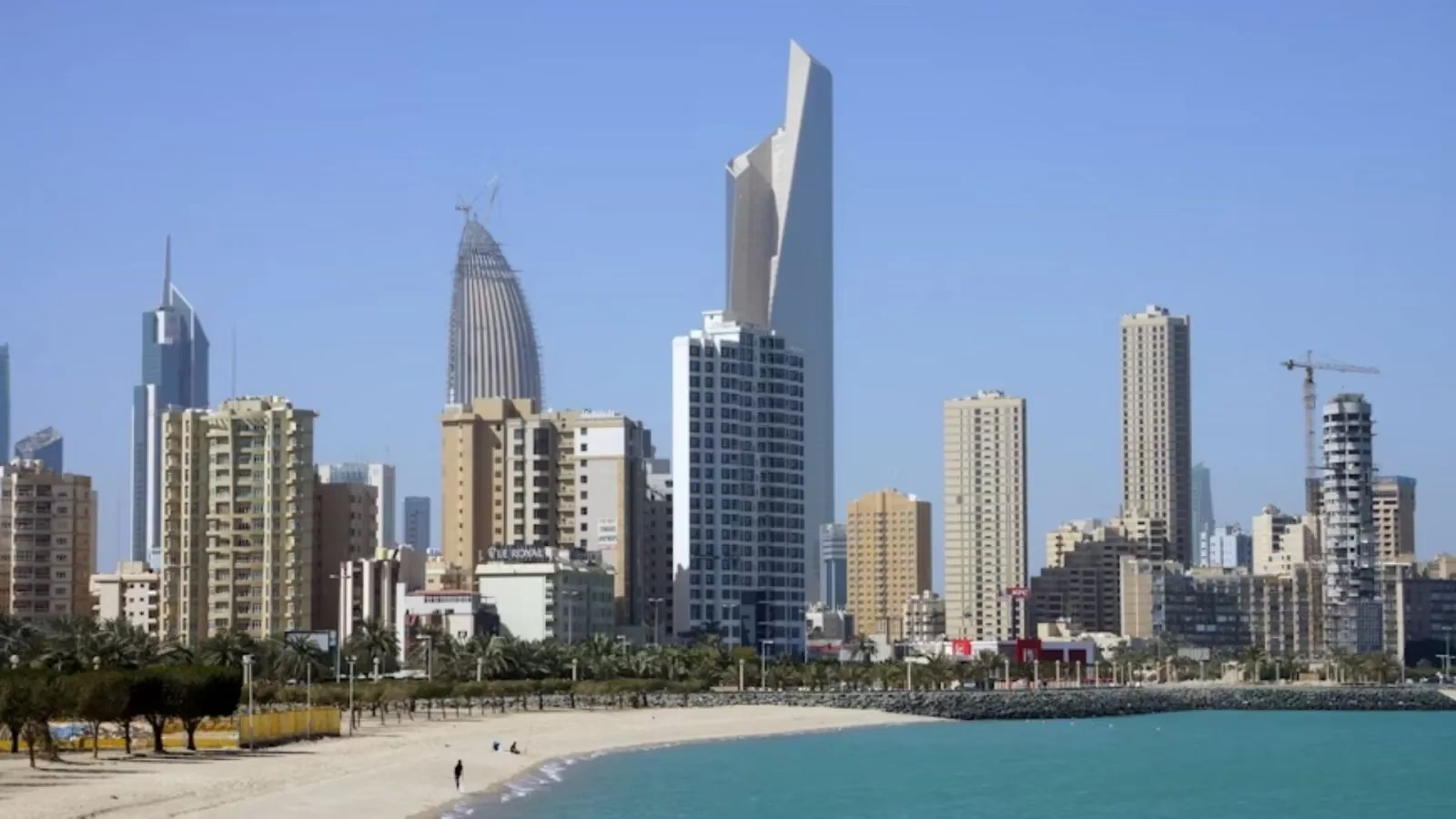Kuwait’s government on Sunday invited local and international firms to take the first step in bidding for contracts to develop three new cities, part of a broader plan to address the country’s housing shortage.
The projects, spanning more than 300 hectares (740 acres), are the first to be launched under a 2023 real estate law that opens the housing sector to private investment. Around 100,000 citizens are currently on a government waiting list for housing, with some waiting years despite state provision of homes for all Kuwaiti families.
Under the new framework, joint companies between the government and local or foreign partners will be established to design, finance, construct, operate, and maintain the housing projects. Contracts will run for 30 years, including a four-year construction phase. Residential units will be sold to Kuwaiti citizens, while non-residential assets will be transferred back to the state.
Meanwhile, Kuwait’s Ministry of Commerce and Industry has announced plans to introduce or increase charges for 67 services, many of which are currently free. The changes, aligned with a Cabinet directive to update pricing, will affect company establishment, amendments, licence renewals, and various commercial services.
Key revisions include:
- Company establishment applications to cost KD20, including for non-profits.
- Temporary real estate or jewellery showrooms to rise from KD30 to KD500.
- A 25% increase in fees for capital amendments, partner changes, and trade name updates.
- Accounting licences to increase from KD150 to KD200.
- Ration card fees to double from KD5 to KD10.
In a separate move, Interior Minister Sheikh Fahad Al-Yousef Al-Sabah announced that all foreign residents of Gulf Cooperation Council (GCC) states are now eligible for a tourist visa on arrival in Kuwait.
The visas, valid for 90 days, require applicants to hold a GCC residency permit valid for at least six months. The reform replaces a 2008 rule that restricted eligibility to certain professions, opening the facility to nearly 25 million foreign residents in Saudi Arabia, the UAE, Oman, Qatar, and Bahrain.



